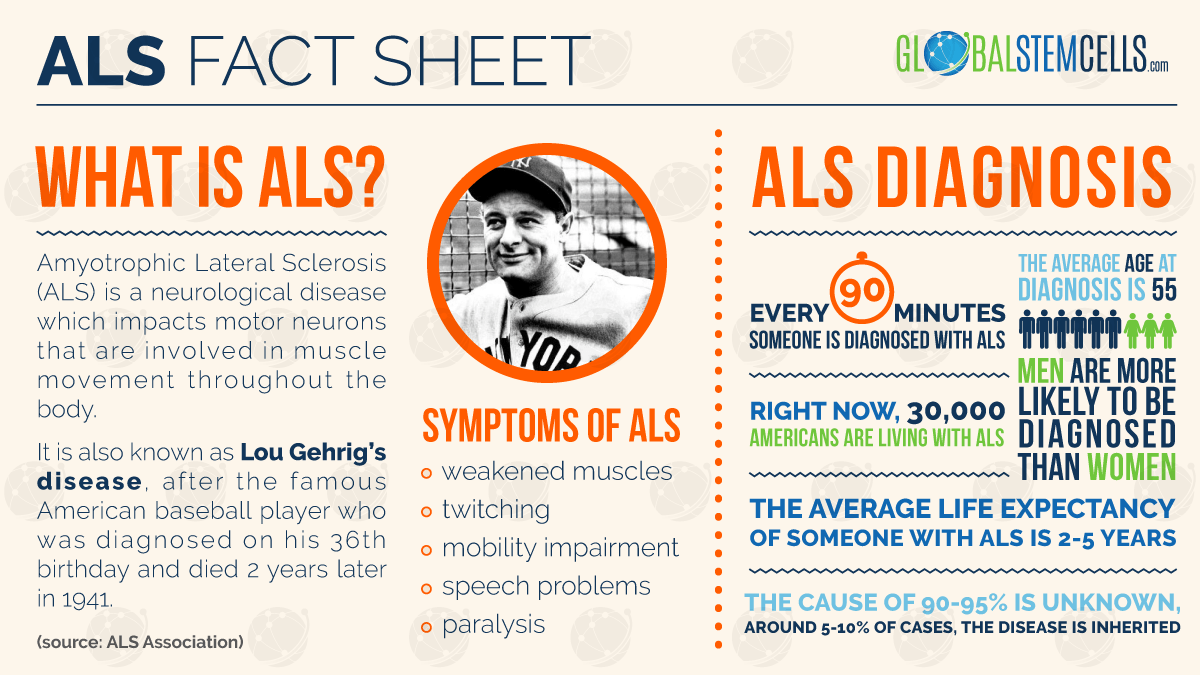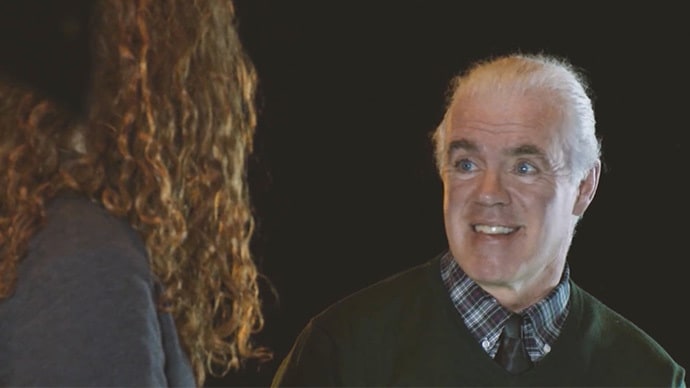One person has given hope to millions by being an example on how to handle ALS, or indeed any other disease, and the various serious setbacks that life may occasionally confront us with. Mr. Gene Connolly was principal of Concord High School for 14 years. An energetic man, Mr. Connolly connected with the 1600 Concord High School students on a very personal level. Many of them attest to his genuineness as a caring principal and he was treated with real affection by faculty and students alike.
In 2014 however, Mr. Connolly displayed the classic symptoms of ALS. He gradually lost the ability to walk and also the use of his vocal cords. ALS, also known as Lou Gehrig’s disease, shuts down these voluntary muscular actions, considerably weakening hand and leg muscles, and causes speech and swallowing difficulties as a result of the rapidly progressing weakness of the tongue and throat muscles. Fasciculation (muscle twitching and cramps) are also symptoms of this disease. Given its rapid progression, ALS causes death within 2 to 5 years. Approximately 140, 000 new cases of ALS are diagnosed worldwide each year. In the US there are approximately 12, 000 people living with the disease. Although no one is immune to the disease it is most prevalent in the 40 to 70 year age group.
Understanding ALS
Amyotrophic Lateral Sclerosis (ALS) can be an overwhelming condition for one to have. ALS is a group of rare motor neuron diseases which attacks the nerve cells that we use in voluntary muscle actions. These voluntary muscle actions include those that control facial organs and limbs. The gradual and inexorable inability to execute even the most basic of voluntary muscular commands can be devastating. The default reaction for most human beings would be a descent into depression which, at its most severe, may lead to mental health complications.

Some forms of genetic mutations lead to inherited ALS. A chemical imbalance in the body, typically seen in higher than normal levels of glutamate, is also a likely cause of ALS. Glutamate is an amino acid that acts as a neurotransmitter in the brain.
Mr. Connolly has ALS
“Mr. Connolly Has ALS” – extended trailer from Dan Habib on Vimeo.
Mr. Gene Connolly embodies virtues that we can all emulate: meeting disaster with grace and courage and how to develop resilience and live life fully. He has also shown us the importance of identifying priorities, showing love fully and, when the inevitable approaches, how to meet death with honesty and dignity.
As Mr. Connolly very aptly puts it, ‘Life is full of challenges. We get little say in what happens to us but we have everything to say in how we deal with it’.
Scientific advances now make living with ALS that much more bearable. Stem Cell Therapy is now being used to treat ALS as well as other motor neuron diseases. The use of Mesenchymal Stem Cells for ALS has proven to be particularly effective given their plasticity and their ability to encourage growth in the host tissue (after transplantation) and their capacity to modulate the host immune system. Patients with ALS have shown remarkable improvement in their symptoms after undergoing Stem Cell Therapy. Among other areas, they have registered improvement in motor function and balance, seen an ease in the difficulty in swallowing and experienced improved speech. Neuropathic pain has also lessened and the progression of the disease has been slowed down noticeably.
While we embrace the lessons that Gene Connolly has so bravely lived and taught us, we also acknowledge the medical advances that now enable people with ALS and similar neurodegenerative disorders to life a fuller and richer life.




 English
English